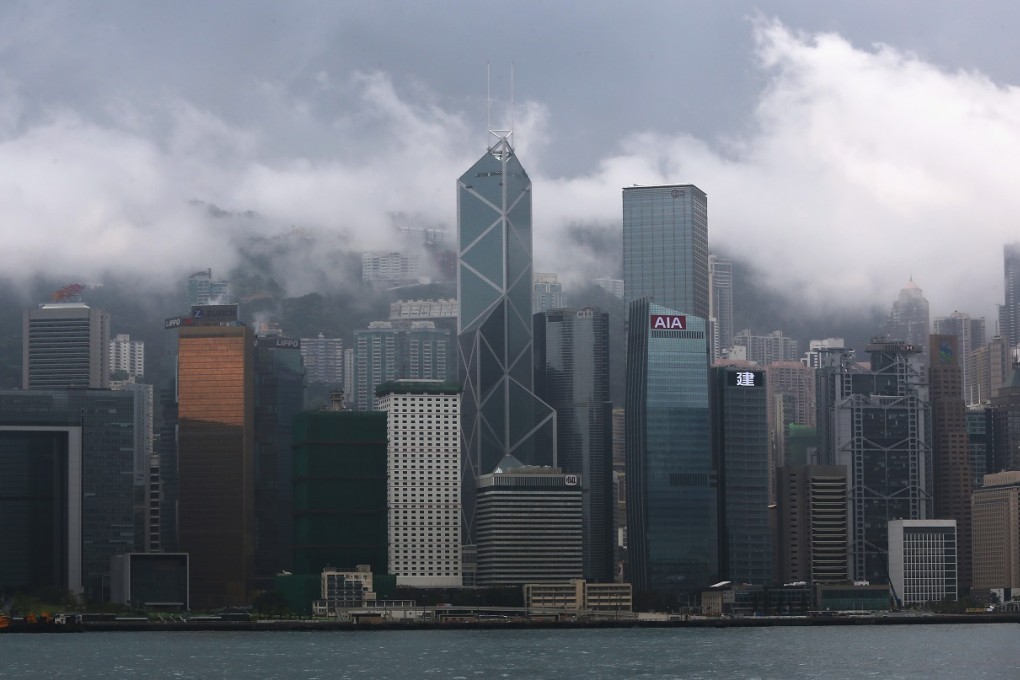Oliver's Twist | HK$1m at 1pc APR: should you take the challenge?

That’s the question faced by one local Hong Kong resident Thursday who opened her e-mail inbox to find a jaw-dropping offer from a local bank.
The bank, who will remain nameless although it’s possible to recognise it among Hang Seng Index constituents, offered to lend the retail client HK$1 million at 1 per cent interest for one year.
The offer stipulated that the annualized HK$10,000 interest charge had to be paid upfront in the first month. There were no other strings, or handling charges, attached.
Now, you might think the pitch was made to some high-roller, a tycoon, or a financial industry worker such as a fund manager with experience managing risk. Nope. The recipient has a good credit rating but she’s no Mensa-club member when it comes to investing.
That aside, the offer begs the question of why are banks ringing up Hong Kong’s middle class in an effort to shovel money at them? Didn't these institutions hear the recent caution from the Hong Kong Monetary Authority, and separately, Financial Secretary John Tsang, about elevated risk and volatility in the financial markets as the United States scales back its monthly stimulus injections in the economy? The HKMA’s acting chief executive Eddie Yue on Thursday even went as far as to warn against individuals ramping up borrowing, highlighting a sudden outflow of funds as one risk as the easy money taps are slowly closed.
One explanation for the cognitive dissonance is that local banks are sitting on a pile of money that they can’t lend out. Mortgage issuance has dried up as a lending channel thanks to dwindling home sales on the secondary market – a testament to the effectiveness of the government’s effort to rein in prices via taxes and tighter lending rules. The “shutdown” of the secondary market, as described by one industry expert, is evident in data that show sales this year are the lowest since modern records began in 1996. Don't expect things to improve much next year, as one London-based property group is forecasting just 45,000 secondary transactions, down from an estimated 52,000 in 2013.
